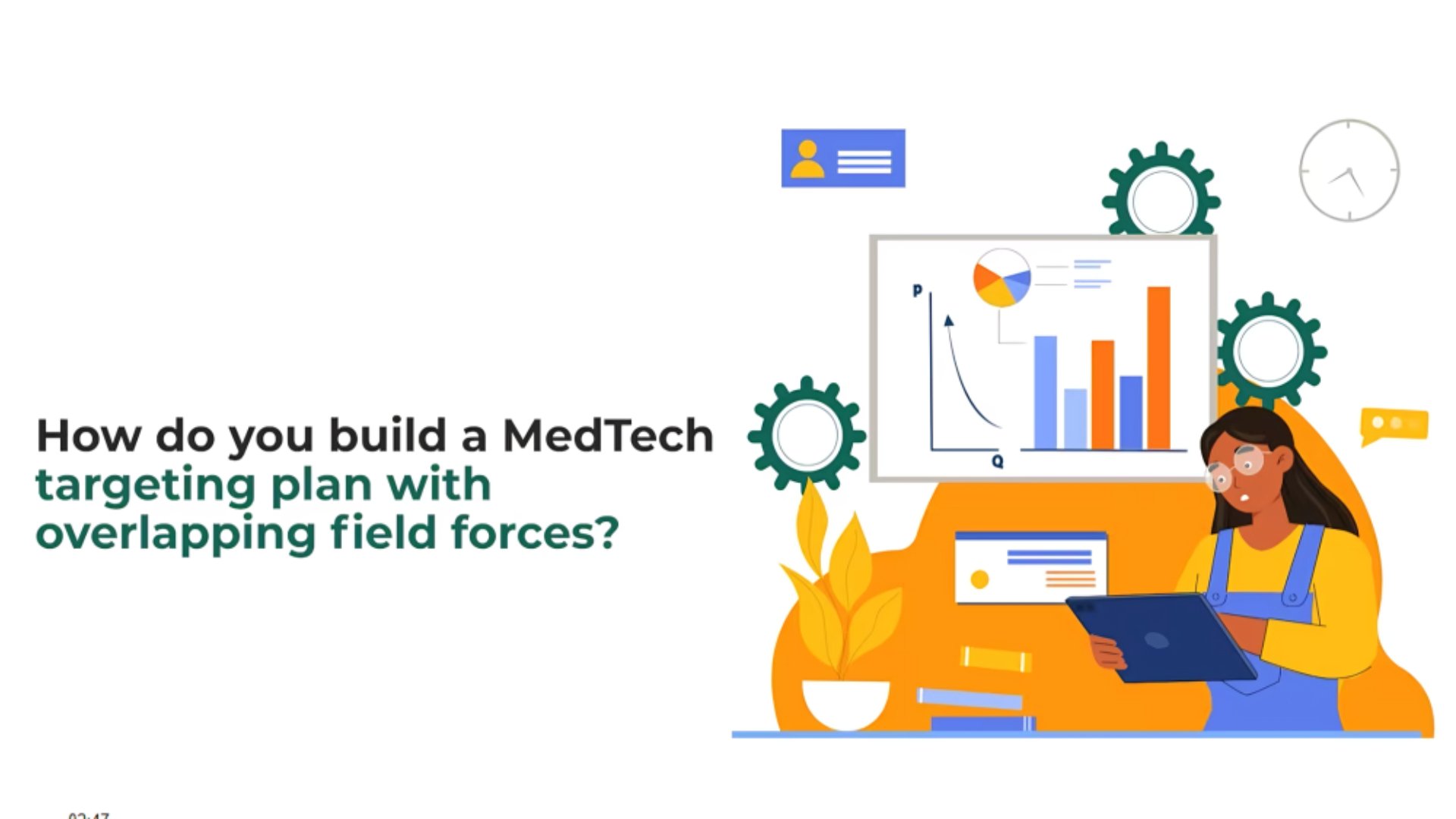
Accelerate data to insights journey with big data technologies
Big data technologies in life sciences to improve patient outcomes
BIG data and data lakes with dynamic processing
Big Data and Data Lake(s) are transforming businesses by providing a centralized data repository for entire organizations, with data sources ranging from structured, unstructured, internal to external data. It enables business analysts and data scientists to readily utilize data and IT to streamline and manage data needs from various clients faster and more efficiently than traditional data warehouses and spreadmarts.
- Data Sources Assessment and Proposal: Access data and propose suitable big data ecosystems services to suit enterprise-wide consumption.
- Building Data lake: Design and build on-premises or Hybrid data lake
- Big Data Administration and Support Services: Manage, report, and control big data investments through efficient and effective administration and support services.
.jpg?width=580&height=410&name=BIG-DATA-a-challenge-or-an-opportunity%20(1).jpg)
Teradata – HIVE – Redshift – Azure – Talend – HBASE – Google – Cloudera – MAPR – Hortonworks – Informatica – Oracle
Big data strategy consulting and architecture
Evaluate legacy data infrastructure and adapt to new age data requirements
Feasibility study and portfolio analysis
Access both from within and outside the organization for data maturity and propose strategies optimum for organization, considering best offers available in Industry.
Adoptability
Work with different organization stakeholders to prioritize use case and business development for Big data and Cloud adoption. Build a roadmap and define steps for adoption.
Leading industry solutions
Leverage deep industry understanding, evaluate leading services in the market, and adapt data infrastructure to suit the organization’s needs.
Transition-aware architecture
Provide a big data and Cloud Architecture transition roadmap that creates minimum interruption to the business process.
Big Data Challenges
Life sciences organizations often face challenges to manage and derive meaningful insights from big data. They cannot achieve the proper value of big data only with technological implementations, but the Commercial IT and the Data Scientists need to work in tandem to achieve the common goal – better patient outcomes.
-
-1.png) Massive number of data sources
Massive number of data sources
-
.png) Complex data environments
Complex data environments
-
.png) Chaotic and unstructured external data
Chaotic and unstructured external data
-
.png) Speed required for data to decisions
Speed required for data to decisions
Massive number of data sources
01
Massive number of data sources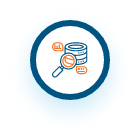
Internal data systems, cloud, apps, sensors - no one expected that number of data sources would increase so rapidly and will be so varied
Complex data environments
02
Complex data environments.png)
Multiple systems, slow legacy databases and data warehouse - disparate, custom built, low integration, cumbersome privacy rules & requirements, encryption - all inhibit access
Chaotic and unstructured external data
03
Chaotic and unstructured external data.png)
Syndicated – national, specialty, lab, EHR, pharmacy, etc. - social, web, demographic, geographic, weather, chats, and so on..
Speed required for data to decisions
04
Speed required for data to decisions.png)
Data not ready for analysis, low automation, processes not streamlined, batch processing, heavy dependency on technical skills
The value big data can deliver
In today’s data-driven economy, every aspect of a business is impacted by how data is leveraged using cloud, technologies, and AI/ML. The organizations that effectively apply the big data:
Enable pre-processing in the cloud using suitable tools, saving 90% of analysts’ time, allowing them to focus on analysis
Decrease dependency and usage of expensive and unsuitable tools for pre-processing, saving license costs
Allow business and data scientists to readily access data securely to provide actionable insights
Reduce fraudulent use of data
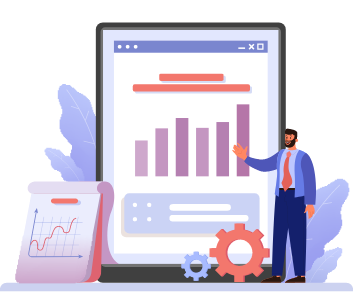
Customer success stories

Case Study
Automated Email Campaigns Support The Patient Assistance Journey For Enhanced Treatment Outcomes

Case Study
50% Faster Customer Onboarding With Scalable Intelligence On Omnichannel Interactions
Axtria research hub

Blog
MedTech as a Service: How Subscription-Based Selling Will Play a Role in the Future of MedTech

Blog

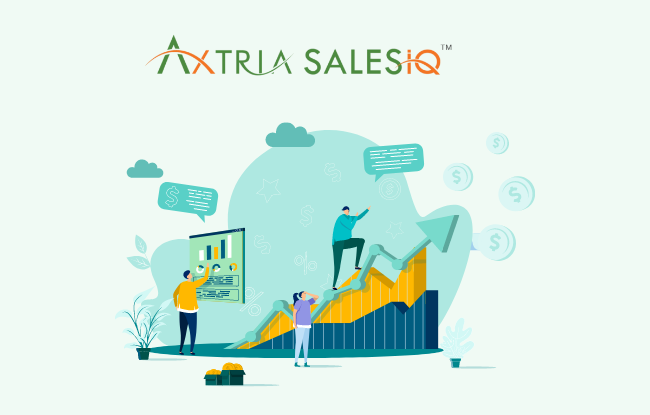
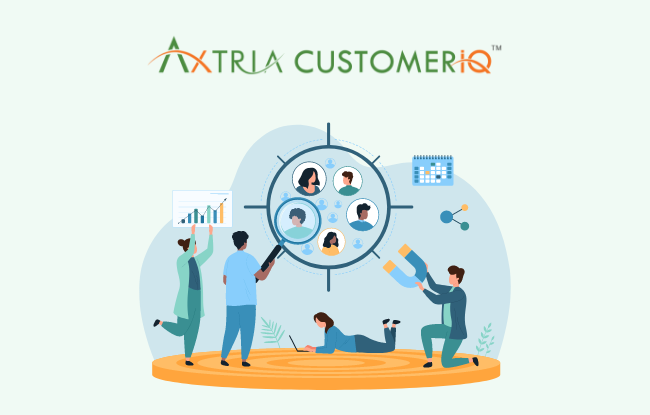
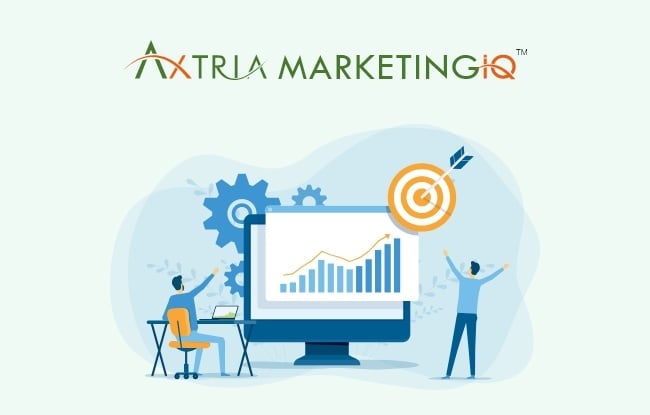



.jpg?width=690&height=468&name=AI-ML-in-life-sciences%20(1).jpg)




























